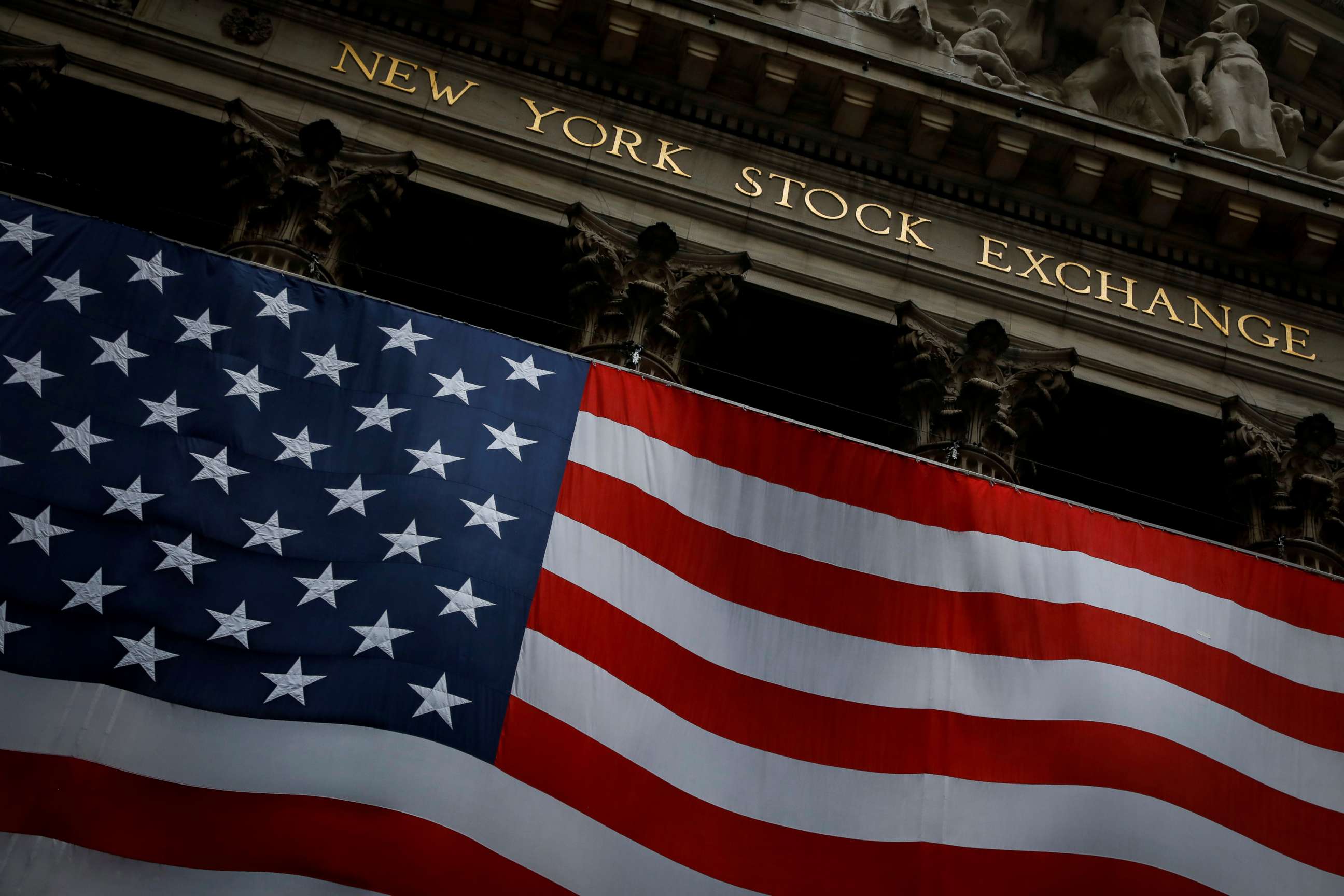Dow plunges nearly 7% on COVID-19 fears, economic forecasts
The market sell-off comes amid worries over COVID-19 spikes.
The Dow Jones Industrial Average plummeted more than 1,860 points, or 6.9%, on Thursday as investors seemed concerned about new spikes in COVID-19 cases and on the heels of two gloomy economic forecasts.
Meanwhile, the S&P 500 closed down 5.9% and the Nasdaq tumbled 5.3%.
Thursday marked the worst day for U.S. financial markets since March 16, when the impact of the coronavirus pandemic first began to hit Wall Street.
As pandemic restrictions have eased and some states begin to reopen, many states are reporting rising coronavirus cases -- data that appears to have some investors jittery.
"Today the market woke up to news that should have been apparent to anyone who lives outside the New York tri-state area: People in the rest of the country are out and about, largely not wearing masks and not keeping 6 feet apart," Chris Zaccarelli, chief investment officer for Independent Advisor Alliance, said in a commentary about Thursday's sell-off.
"Not surprisingly, a lack of preventative behavior has led to a resurgence in Covid-19 cases around the country and the stock market is having another gut check," he added. "The economy is going through a demand shock that is likely to last a year or more and won't bounce back to full strength until a cure or vaccine is widely available," he added.
The worst performer for the Dow on Thursday was Boeing, which plunged more than 16%, followed by Dow Inc., IBM and Goldman Sachs, which each fell more than 9%.
Oil giants Exxon Mobil and Chevron also took a hit, each falling more than 8%.

Two leading economic organizations released pessimistic forecasts about the road to recovery on Wednesday.
The Organization for Economic Co-operation and Development warned in a dire forecast that U.S. gross domestic product expected to fall by 8.5% in 2020 if a second wave hits and by 7.3% even without a second wave.
Also Wednesday, the Federal Reserve projected the U.S. unemployment rate to remain elevated in the near future, at 9.3% through 2020, 6.5% in 2021 and 5.5% in 2022.




